#noir film
Text





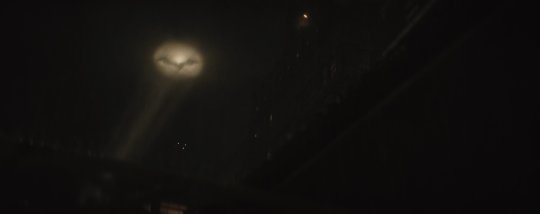



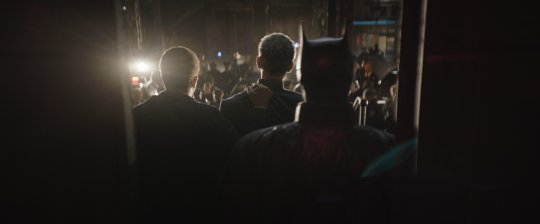
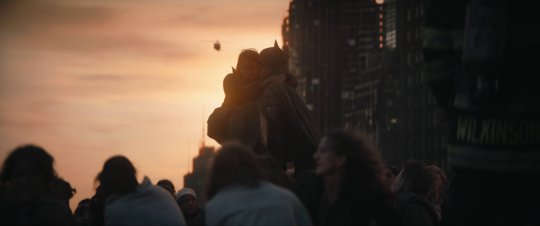

So these are some of my favourite shots from The Batman. I am still amazed that we have this film. For so long I thought I had to live with the idea that the only live action representation of the caped crusader would be the Christopher Nolan trilogy. There is nothing wrong with them but they never hit that gothic noir aspect that drew me into the world of the character in the first place.
I remember the sheer amount of hype that was coursing through my veins from the announcement of Robert Pattinson casting in 2019 when I was in grade 11 and was chilling in class then to the DC Fandome teaser in 2020 while I was studying for my senior year finals ( that trailer is still peak) to buying as merch as I can before watching it in IMAX on opening night. I even have the poster from my local cinema chilling in my room.
This film will always be special to me and I am just want to appreciate everything about it from the wonderful cast to the stunning cinematography by Greig Fraser and the amazing score by Michael Giacchino and most of all the brilliant direction by Matt Reeves.
#the batman#the batman 2022#dc universe#matt reeves#greig fraser#robert pattinson#michael giacchino#comic book movies#film#cinema#noir film#cinematography#movie stills#cinephile
36 notes
·
View notes
Text
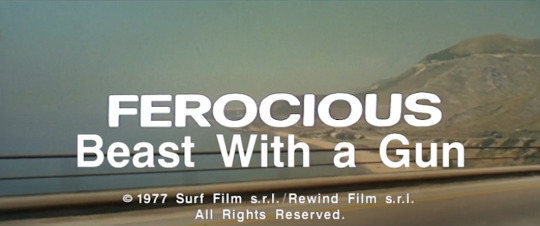
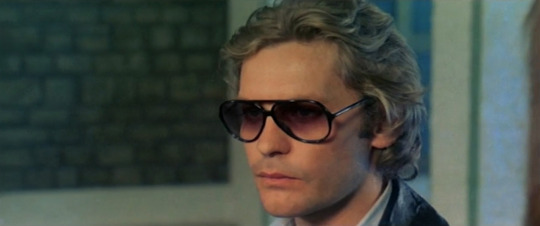
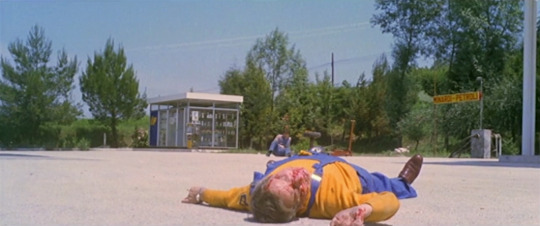



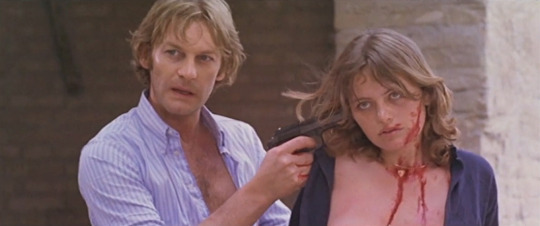
Beast With A Gun (1977)
#beast with a gun#my posts#mad dog killer#italian film#1970s film#70s film#1970s movies#70s movies#sergio grieco#helmut berger#marisa mell#poliziotteschi#film#movies#1970s#70s#grindhouse#neo noir#noir film#crime movies#aka what bridget fonda is watching in jackie brown#movie titles#title screen
50 notes
·
View notes
Text
non finto unspecified film noir study

#art#digital painting#digital illustration#digital art#drawing#painting#small artist#film noir#noir film#film study#black and white#art wip#1940s#1940s movies#bfa#artists on tumblr#digital artist#photoshop#adobe
8 notes
·
View notes
Photo
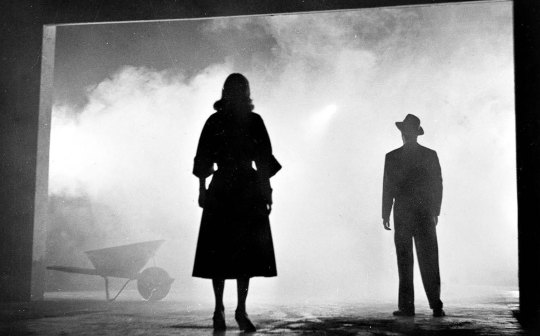

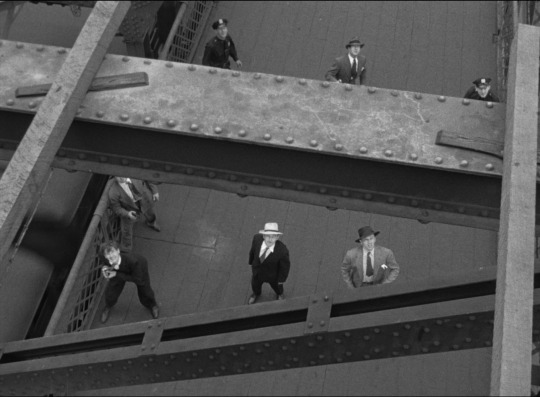



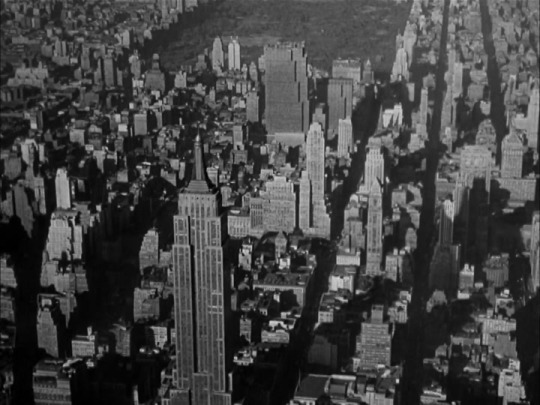

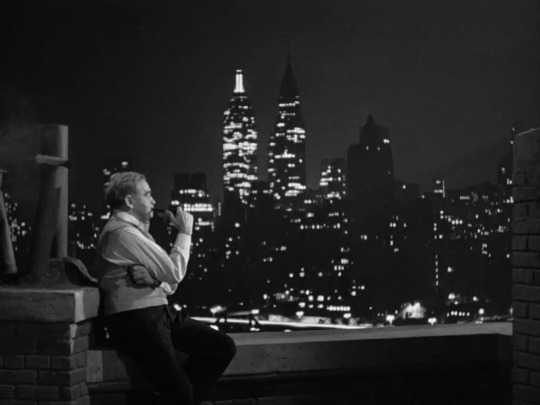
SUBLIME CINEMA #643 - THE NAKED CITY
One of Jules Dassin’s masterpieces. This movie was so ahead of its time; a pseudo documentary approach presents a vision of New York City which captures the city better than any other other film of the period.
#cinema#film#film noir#new york#the naked city#jules dassin#criterion#noir#black and white#40s#nyc#classic film#noir film#noir photography#photography#b&w#fine city#city#cityscape#murder#crime#crime film#skyscraper#dorothy hart#barry fitzgerald#cinematography#black list#hollywood#cult film#criterion collection
32 notes
·
View notes
Text

Humphrey Bogart
17 notes
·
View notes
Text

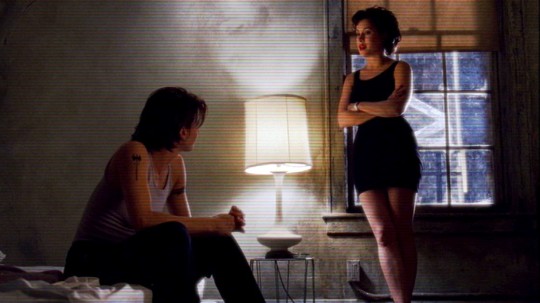
Jennifer Tilly and Gina Gershon
Bound (1996)
#bound#1996#jennifer tilly#gina gershon#the wachowskis#women in film#noir film#queer film#queer cinema#90s films#1990s films#film#film stills#cinema#90s#1990s#vhs#screencaps#edit#my edit
19 notes
·
View notes
Text

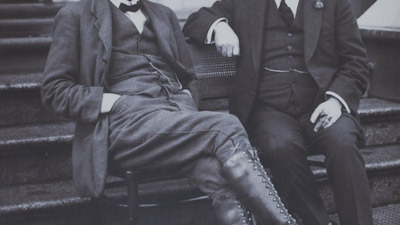
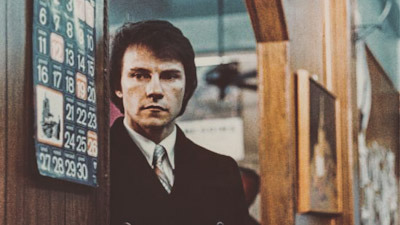



- 𝔾𝕠𝕟𝕔𝕙𝕒𝕣𝕠𝕧 (𝟙𝟡𝟟𝟛)

#goncharov#goncharov 1973#vintage#goncharov katya#cybill shepherd#goncharov edit#mafia movies#noir film#aesthetic#moodboard#noir aesthetic#katya/goncharov#goncharov aesthetic#martin scorsese#scorsese#thriller#crime#crime film#cute#romance
50 notes
·
View notes
Text
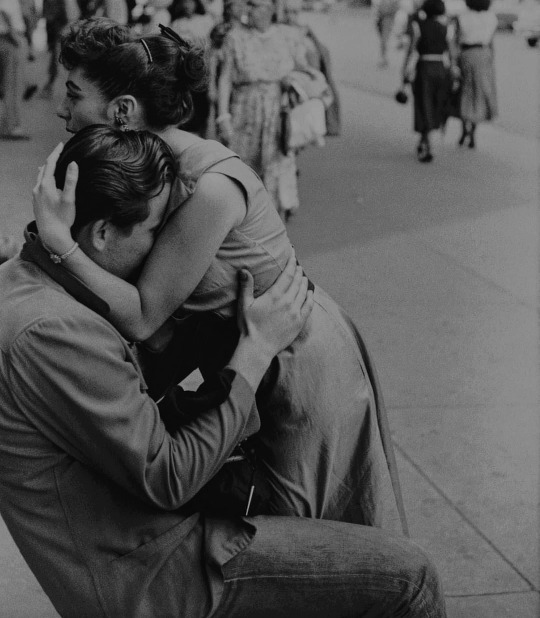
Can you understand? Someone, somewhere, can you understand me a little, love me a little? For all my despair, for all my ideals, for all that - I love life. But it is hard, and I have so much - so very much to learn.
— Sylvia Plath, The Journals of Sylvia Plath
#sylvia plath#20th century#1950s#Noir#noir film#Romantic#Romance#Love#couple#Peace#Loneliness#Kindness#american literature#literature#heartwarming#quotes#quote#sayings#Words
18 notes
·
View notes
Text
On August 29, 2003, the restored version of Touch of Evil debuted in Greece.



#touch of evil#orson welles#janet leigh#charlton heston#film noir#noir#50s noir#noir thriller#noir film#1950s#50s movies#crime film#crime thriller#movie art#art#drawing#movie history#pop art#modern art#pop surrealism#cult movies#portrait#cult film#greece
3 notes
·
View notes
Text
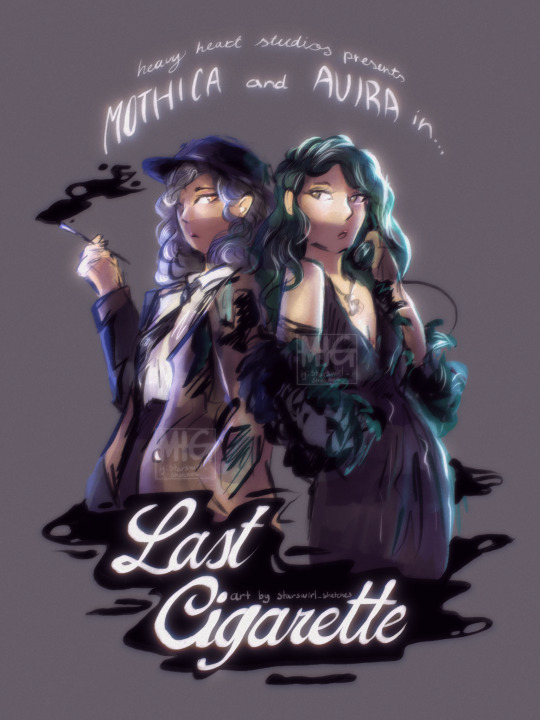
Well this collab was literally made for me
#au/ra#mothica#original art#drawing#digital illustration#illustration#illustrators on tumblr#aesthetic art#digital painting#fanart#movie poster#noir film#jamie lou stenzel#last cigarette music video#music video
60 notes
·
View notes
Text

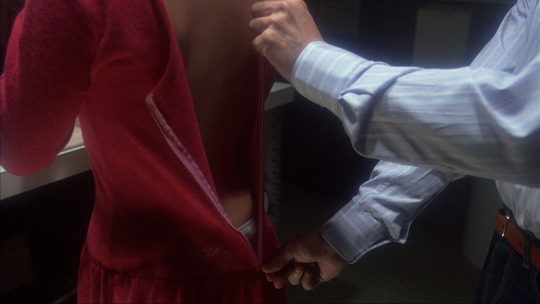


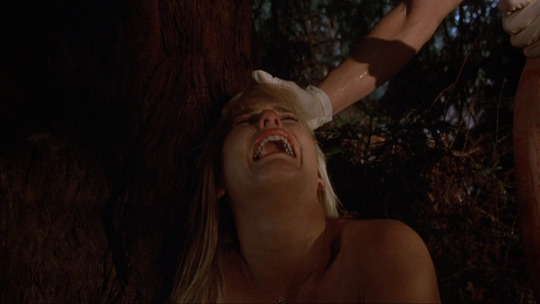


10 to Midnight (1983)
#10 to midnight#my posts#charles bronson#cannon films#serial killer movies#thriller#neo noir#noir film#film noir#j. lee thompson#film#movies#1980s movies#80s movies#screencaps#grindhouse#exploitation movie#exploitation film#bronson is a stud as always and the ending to this is one of my favs#horror aesthetic#movie titles#title screen#horror community#horroredit
25 notes
·
View notes
Video
youtube
Suddenly (1954) Film Noir Crime Starring Frank Sinatra
#noir#film noir#noir movie#movies#sinatra#frank sinatra#Sinatra movies#noir film#crime noir#marvelousmovies
2 notes
·
View notes
Text
The Shape of Night (1964)
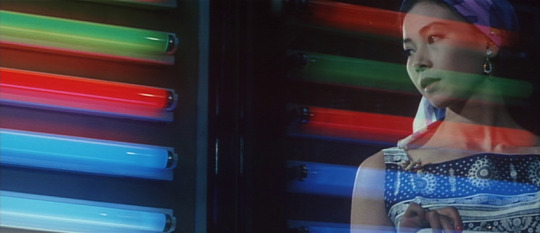

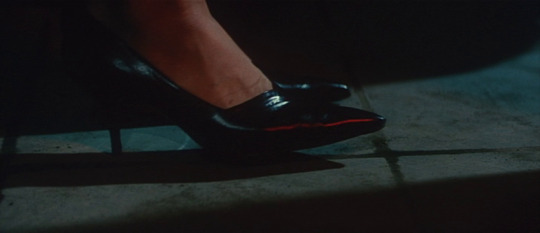




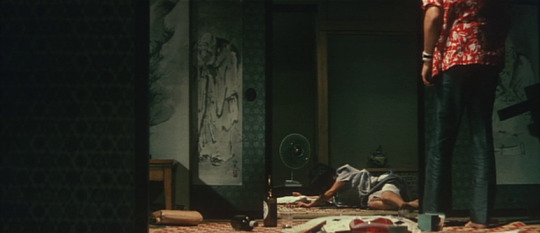


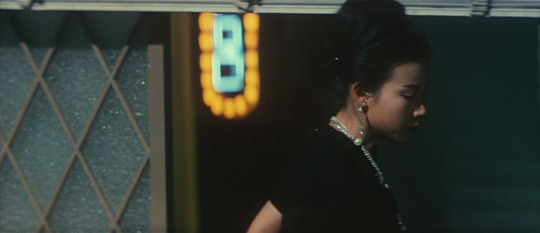


夜の片鱗 The Shape of Night (1964)
directed by Noboru Nakamura
cinematography by Tōichirō Narushima
#夜の片鱗#the shape of night#noboru nakamura#japanese cinema#japanese film#1960s#neon-noir#neon#stills#miyuki kuwano#asian cinema#retro#60s#noir film
21 notes
·
View notes
Text

finally. finished content of the au i've been on and off thinking about for four months (elmo fire gif). Hey Milgram Fans What If Your Favs Were In A Fucked Up Murder Plotting Relationship Together And Made Each Other Worse
#double indemnity#puddle talks#puddle arts#milgram#milgram fanart#mikoto kayano#fuuta kajiyama#au#noir film#smoking
6 notes
·
View notes
Photo

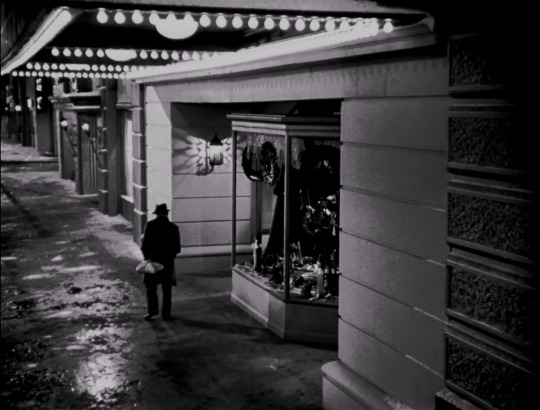



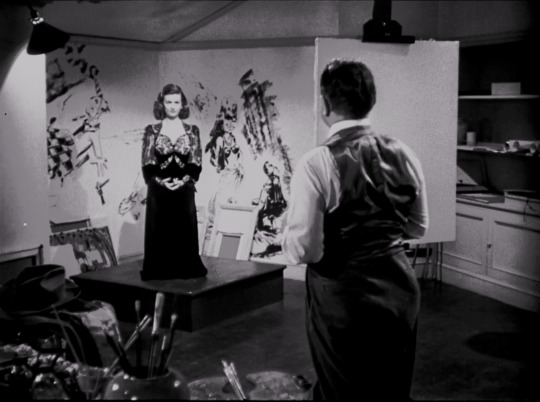


Shadows + silhouettes in Fritz Lang’s Scarlet Street (1945)
#fritz lang#scarlet street#edward g. robinson#Joan Bennett#Dan Duryea#Rosalind Ivan#film#noir film#vintage film#old hollywood#my post#100 in 2022
28 notes
·
View notes
Text
When I first saw In A Lonely Place there was a scene that made me say “this was written by a woman”:
Well, I was half right. While the screenplay was written by Hollywood men Andrew P. Solt and Edmund H. North, the novel of the same name that it was based on was written by Dorothy B Hughes, a little-known noir novelist from the 1940s. The changes from book to film, though, are fascinating, and indicative of the different sensibilities we see from these writers. I will say there are major spoilers ahead and recommend that you at least see the film, if not read the book. They’re both short, and I think truly fascinating pieces of media that I highly recommend.
Out of context that scene may seem like a dismissal of Stella’s fears, a sort of refuting of what she’s worried about. However, in the scene before that Dix is describing, in detail, how he thinks the murderer might have killed another young woman, and uses the couple, Brub (yes, really) and Sylvia, as his body doubles. Brub (Sylvia’s husband) begins to strangle her as Dix describes the murderer doing so. Dix and Brub seem to revel in the pantomime, and Sylvia has to scream to snap them out of it. Their display makes Sylvia’s accusations here feel very real, and makes Brub’s dismissal feel even more sinister.
Now, to get the massive spoiler out of the way, the man that Sylvia there is worried about is Dixon Steele (his real name in both the book and movie... I know), and in the film, it turns out that in spite of throwing his ex-girlfriend down a flight of stairs and nearly strangling his current one, Dix is not the murderer they’re looking for. Violent? Dangerous? Well, only if you don’t treat him right. In the book though, it’s not even a twist. The first page of the book is Dix stalking a woman, and the only reason he doesn’t succeed in killing her is that she makes it to her house before he can catch up with her.
However these characters Brub and Sylvia don’t know that in either version, and neither does Laurel, his girlfriend. The film then, is a mystery: did Dix do it? While the book is more of a Patricia Highsmith-esque thriller: When will they catch him? And indeed a similar scene takes place in the book, wherein Sylvia suspects Dix, but Brub, who is an old army buddy of his, doesn’t want to believe her. Throughout both texts Laurel becomes increasingly afraid of Dix, in the film because she suspects him of murder, but in the book it’s because he’s becoming increasingly violent and possessive.
To me, it begs the question, is Sylvia right to be suspicious, as she is here, and as she is in the book? In the book the answer is unquestionably yes, Dix is a murderer, one who they catch by setting him up to kill Sylvia, when he believes she is Laurel. In the film though, it’s more complicated. On the one hand, men happily dismiss his violent tendencies, saying that it’s just how he is, and even that it makes him exciting (as we see Brub do above). But we know he seriously harmed his ex, and that at the end of the film he seriously harms Laurel. Meanwhile the Dix/Laurel romance is framed as tragic in the film, with ‘suspicion’ being blamed for its downfall. As if, if Laurel had never suspected that Dix might have killed someone, then they could have been happy. On the one hand, that claim seems ridiculous with all we see of Dix, but on the other hand, the film frames it as true.
In the final scene, Dix is strangling Laurel until they’re interrupted by a phone call. At Dix’s urging, Laurel answers, and says this:
youtube
The important line of course being ‘yesterday this would have meant so much to us’. As long as Dix hadn’t actually strangled Laurel things would be fine! Even though that’s not the first time he’s shown violent tendencies, even though he was extremely possessive, it totally would have been okay if he just hadn’t strangled her. I emphasize her because we also know Dix physically abused his ex, and although it made Laurel nervous, it wasn’t enough for her to dump him.
And Sylvia in the lynch pin in all of this, the book, the film, the violence, for me. Because although she’s a relatively small character, she brings up questions of authority and knowledge. In both versions, she feels that something is wrong about Dix (and, to be fair, she’s not the only one, the Laurel of the book also feels something off about him, and the police commissioner in the film is convinced that Dix was the murderer too) but in the film she’s only half right. In the film, she is right that he’s violent, but in the way Dix and Laurel’s romance is depicted, as this tragic romance ruined by suspicion, there is a pretty clear through line that Laurel could have fixed him, if only she believed in his innocence. Therefore if only Sylvia, if only the police, if only everyone believed that this man, known for violent outbursts, known for abusing his girlfriends wouldn’t go as far as to kill someone, then they could have been happy together. In spite of the film's dark tone, their scenes together are truly idyllic when they're in their honeymoon phase.
And in the book, of course, its the exact opposite. If only the men around Dix believed that he could be a murderer, lives might have been saved. Fraught gender dynamics permeate most noir films, but it is interesting to see the differences that adaptational differences can make.
#films#books#classic film#noir film#women writers#movies#reviews#my writing#thoughts#noir film is wild but also the best#like I love this movie I just like being critical#Youtube
2 notes
·
View notes